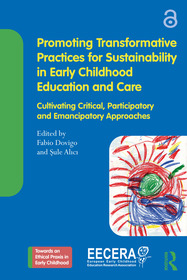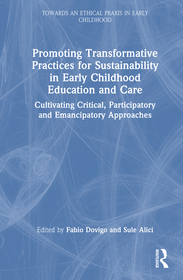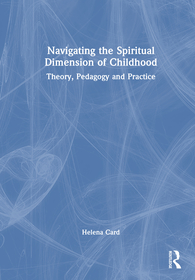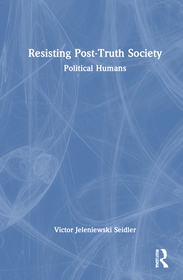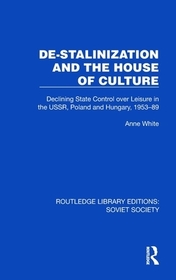
De-Stalinization and the House of Culture
Declining State Control over Leisure in the USSR, Poland and Hungary, 1953–1989
Sorozatcím: Routledge Library Editions: Soviet Society;
-
10% KEDVEZMÉNY?
- A kedvezmény csak az 'Értesítés a kedvenc témákról' hírlevelünk címzettjeinek rendeléseire érvényes.
- Kiadói listaár GBP 89.99
-
42 992 Ft (40 945 Ft + 5% áfa)
Az ár azért becsült, mert a rendelés pillanatában nem lehet pontosan tudni, hogy a beérkezéskor milyen lesz a forint árfolyama az adott termék eredeti devizájához képest. Ha a forint romlana, kissé többet, ha javulna, kissé kevesebbet kell majd fizetnie.
- Kedvezmény(ek) 10% (cc. 4 299 Ft off)
- Kedvezményes ár 38 693 Ft (36 851 Ft + 5% áfa)
Iratkozzon fel most és részesüljön kedvezőbb árainkból!
Feliratkozom
42 992 Ft

Beszerezhetőség
Becsült beszerzési idő: A Prosperónál jelenleg nincsen raktáron, de a kiadónál igen. Beszerzés kb. 3-5 hét..
A Prosperónál jelenleg nincsen raktáron.
Why don't you give exact delivery time?
A beszerzés időigényét az eddigi tapasztalatokra alapozva adjuk meg. Azért becsült, mert a terméket külföldről hozzuk be, így a kiadó kiszolgálásának pillanatnyi gyorsaságától is függ. A megadottnál gyorsabb és lassabb szállítás is elképzelhető, de mindent megteszünk, hogy Ön a lehető leghamarabb jusson hozzá a termékhez.
A termék adatai:
- Kiadás sorszáma 1
- Kiadó Routledge
- Megjelenés dátuma 2024. november 26.
- ISBN 9781032885384
- Kötéstípus Keménykötés
- Terjedelem208 oldal
- Méret 234x156 mm
- Súly 540 g
- Nyelv angol 725
Kategóriák
Rövid leírás:
De-Stalinization and the House of Culture (1990) looks at the houses of culture – arts centres which in the Stalinist period functioned as agencies of political socialisation – and the changes in their character and functions since Stalin’s death.
TöbbHosszú leírás:
De-Stalinization and the House of Culture (1990) looks at the houses of culture – arts centres which in the Stalinist period functioned as agencies of political socialisation – and the changes in their character and functions since Stalin’s death. This book explores the diminishing control of the Communist Party over public leisure from 1953 to the present day, as one aspect of the de-Stalinization and the dismantling of the totalitarian system. It focuses on the changing nature and functions of the ‘cultural enlightenment’ conducted in houses of culture and similar institutions. Public rejection of the Stalinist attempt to saturate all leisure activities with propaganda and to liquidate many national cultural traditions have gradually forced the party to relinquish much of its leading role in this area. The book compares this process in three different Soviet-type systems, the USSR, Poland and Hungary. It discusses depoliticization of house of culture activities and, especially in the era of perestroika, their eventual repoliticization by unofficial associations concerned with a mix of political, cultural, social and environmental issues. Today the house of culture, a quintessentially Stalinist institution, paradoxically provides a home for an emergent civil society.
TöbbTartalomjegyzék:
1. De-Stalinization, Ideology and Leisure Policy 2. A Brief History of Cultural Enlightenment 3. Changing Content – Changing Goals? 4. Policy and Practice 1: Party and State 5. Policy and Practice 2: House of Culture Staff and the Public 6. The Effectiveness of Cultural Enlightenment 7. Conclusions: the Death of Communist Cultural Enlightenment?
Több



